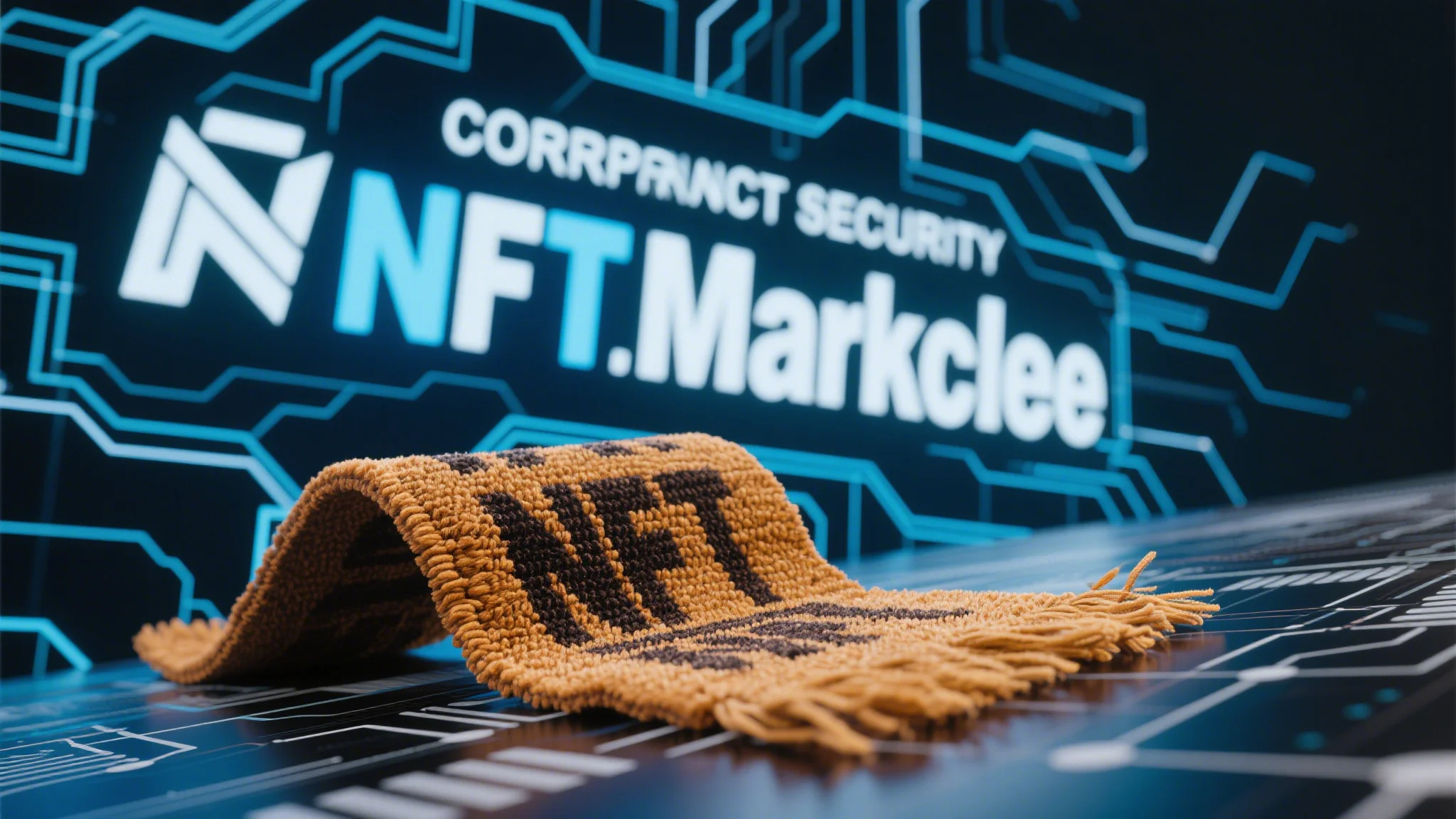Explore how blockchain technology is revolutionizing corporate credit through blockchain-based syndicated lending and smart contracts. Discover the transformative potential of decentralized finance (DeFi) and how it is reshaping traditional lending practices, enhancing transparency, efficiency, and security.
The Rise of Blockchain-Based Syndicated Lending
The world of corporate finance is undergoing a seismic shift, driven by the rapid adoption of blockchain technology. One of the most significant developments in this space is the emergence of blockchain-based syndicated lending. Traditionally, syndicated loans have been a cornerstone of corporate finance, enabling large companies to secure the capital they need by pooling funds from multiple banks and financial institutions. However, this process has been plagued by inefficiencies, high costs, and a lack of transparency.
Blockchain technology, with its decentralized and transparent nature, is poised to address these challenges. By leveraging blockchain, syndicated lending can be streamlined, making it faster, more cost-effective, and more secure. This innovation is not just a incremental improvement but a fundamental transformation of how corporate credit is structured and managed.
One of the key advantages of blockchain-based syndicated lending is the elimination of intermediaries. In traditional lending, multiple banks and financial institutions act as intermediaries, each adding their own layer of fees and complexity. With blockchain, these intermediaries can be replaced by a decentralized network, where lenders and borrowers interact directly on a shared ledger. This reduces costs and accelerates the lending process, allowing companies to access capital more efficiently.
Another critical benefit is the enhanced transparency and security provided by blockchain. All transactions on a blockchain are recorded in a tamper-proof, decentralized ledger, ensuring that all parties have a clear and immutable record of the loan agreement. This transparency builds trust among lenders and borrowers, reducing the risk of disputes and fraud.
Moreover, blockchain-based syndicated lending enables real-time monitoring and management of loans. With smart contracts, which are self-executing agreements written on blockchain, lenders and borrowers can automate key aspects of the lending process. For example, interest payments can be automatically deducted from the borrower’s account on a predefined schedule, eliminating the need for manual tracking and reducing the risk of default.
As blockchain technology continues to mature, it is expected to play an increasingly pivotal role in the syndicated lending market. According to industry experts, the adoption of blockchain-based lending platforms is likely to accelerate in the coming years, driven by the growing demand for efficient and secure financial solutions.
The Role of Smart Contracts in Transforming Corporate Credit
At the heart of the blockchain revolution in corporate credit is the concept of smart contracts. These self-executing agreements, which are stored on a blockchain, are transforming the way loans are structured, executed, and managed. Smart contracts eliminate the need for intermediaries, reduce administrative overhead, and ensure that all parties adhere to the terms of the agreement.
One of the most significant advantages of smart contracts is their ability to automate complex financial processes. In the context of corporate credit, this automation can streamline everything from loan origination to repayment. For example, a smart contract can be programmed to automatically adjust interest rates based on predefined conditions, such as changes in the borrower’s credit rating or market fluctuations. This level of automation not only reduces the risk of human error but also ensures that all parties are treated fairly and consistently.
Another critical feature of smart contracts is their transparency. All terms and conditions of the agreement are visible to all parties on the blockchain, ensuring that there is no ambiguity or miscommunication. This transparency builds trust and fosters a more collaborative relationship between lenders and borrowers.
In addition to automating and streamlining the lending process, smart contracts also enhance security. Since the contract is stored on a decentralized blockchain, it is protected from tampering and fraud. This ensures that the terms of the agreement are executed as intended, without the risk of unauthorized modifications.
The impact of smart contracts on corporate credit extends beyond individual loans. By enabling real-time monitoring and management of multiple loans across a decentralized network, smart contracts can help lenders and borrowers optimize their financial strategies. For instance, lenders can use smart contracts to analyze borrowers’ payment histories and creditworthiness in real time, allowing them to make more informed lending decisions.
As the adoption of smart contracts continues to grow, it is expected to drive further innovation in the corporate credit space. For example, blockchain-based platforms are beginning to explore the use of smart contracts for more complex financial instruments, such as asset-backed securities and derivatives. These advancements will further enhance the efficiency and flexibility of corporate credit, opening up new opportunities for businesses of all sizes.
In conclusion, the future of corporate credit is undeniably intertwined with the rise of blockchain-based syndicated lending and smart contracts. These technologies are not just disrupting traditional lending practices but are reshaping the entire financial ecosystem. As businesses continue to embrace these innovations, the corporate credit landscape will become more transparent, efficient, and secure, paving the way for a new era of financial growth and prosperity.





